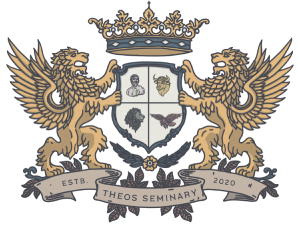
12 Courses
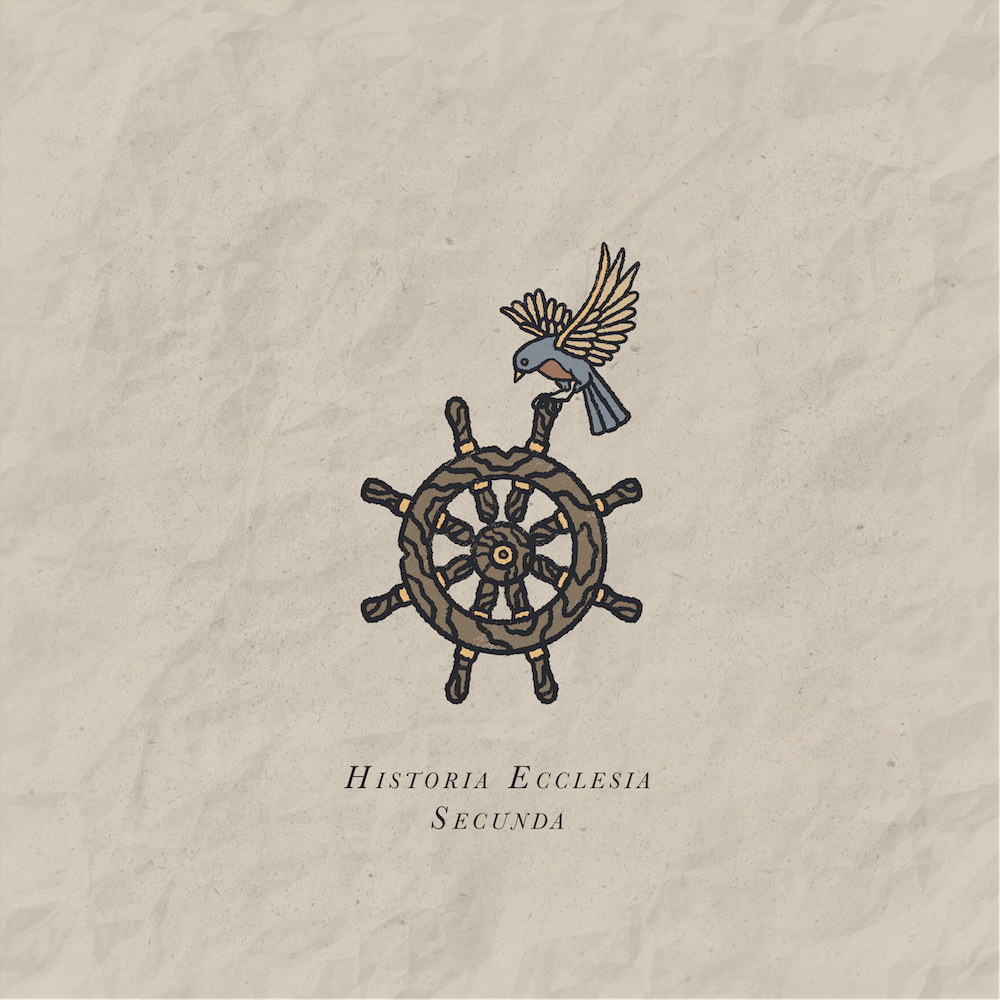
Church History II
This course is a historical survey of Church history from the eleventh
century until the present. It covers key figures, events, and theological developments
from the Great Schism of 1054 until the current day.
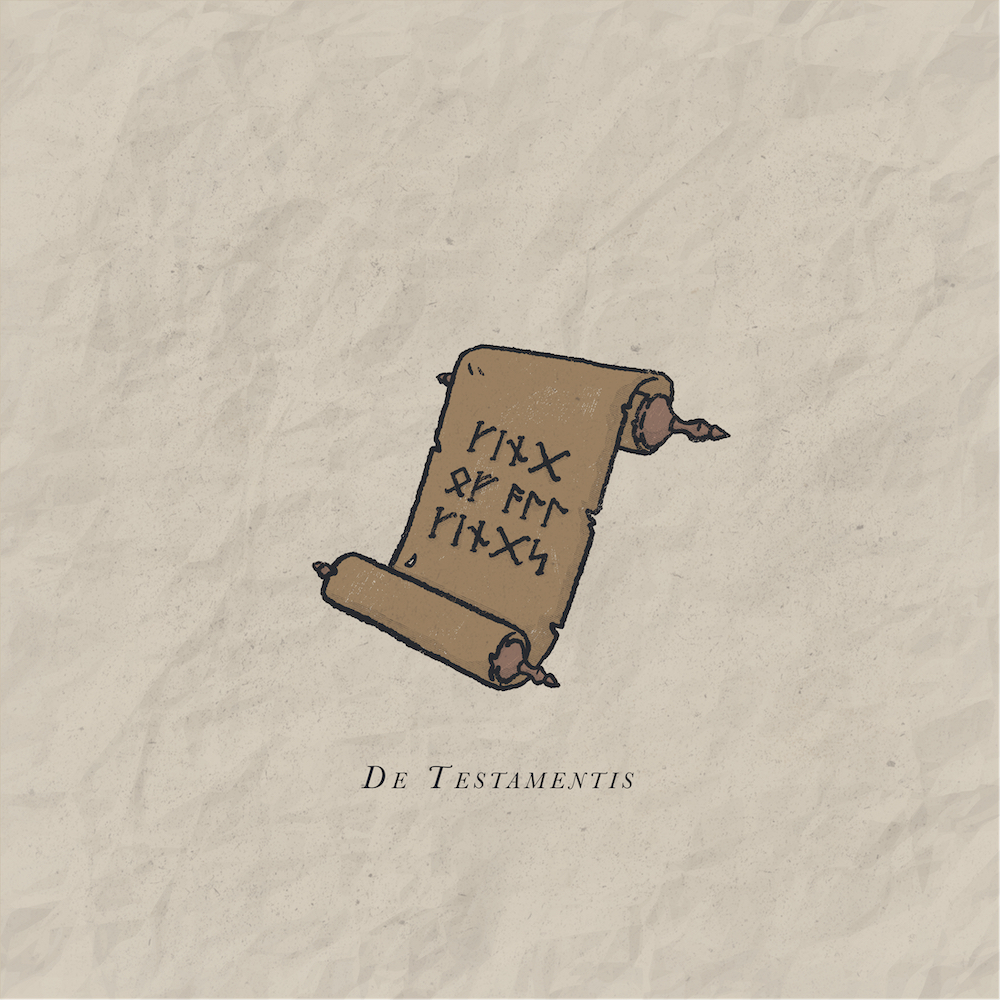
Covenants
This course offers a general survey and introduction to the Covenants found in Scripture including The Cosmic and Adamic, the Noahic Covenant, the Abrahamic Covenant, the Mosaic Covenant, the Davidic Covenant, and the New Covenant. Students will learn the importance of God’s dealing with creation through covenants and will see how covenants are fulfilled in the person and work of Jesus Christ.
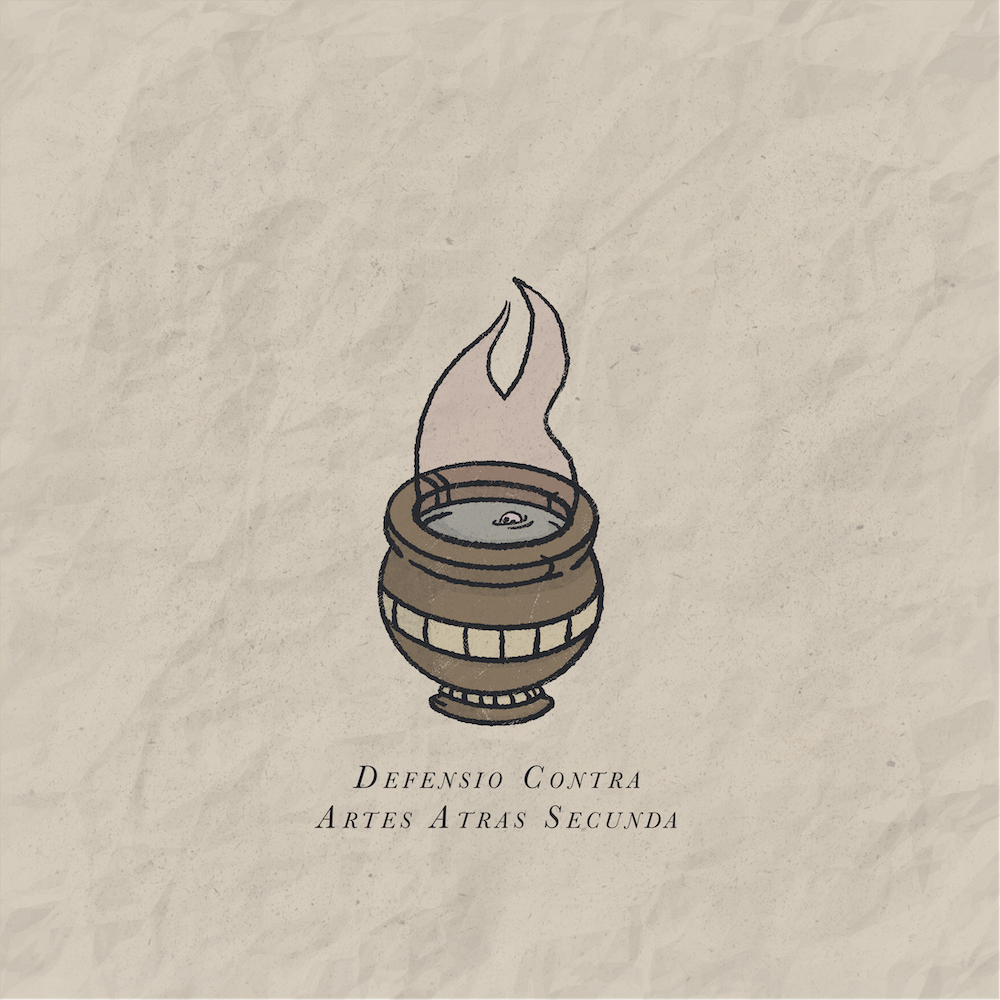
Defense Against the Dark Arts II
This as an apologetics class that continues forward from PH 100, which further enable students to articulate and defend their Christian faith. Attention will be given to cultural issues that threaten historical Christian orthodoxy including cult practices, resentment for the ecclesia, autonomous spirituality, moralistic therapeutic deism, and critical attacks on the reliability of Scripture.
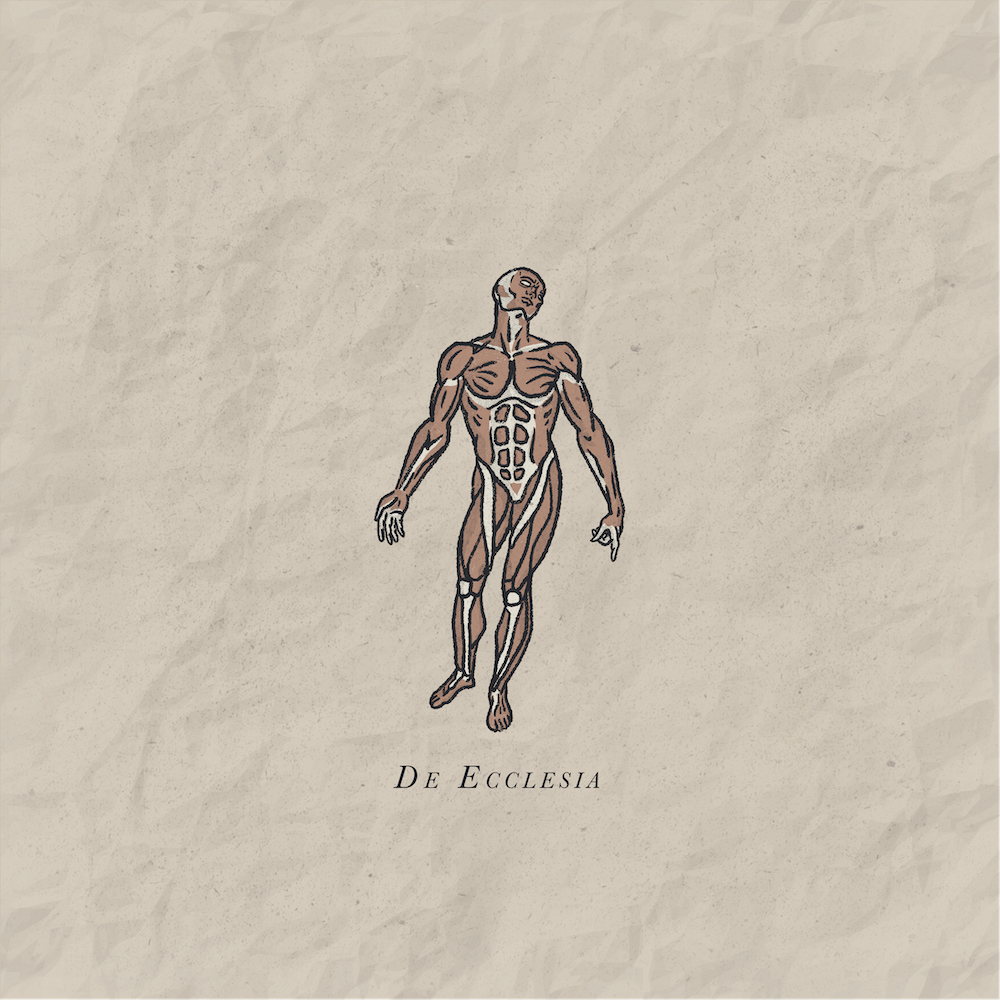
Ecclesiology
This
course is a general overview of Church life and governance from the New
Testament. It will define various church offices, giving a Scriptural overview
on how such offices are to function.

Greek I
This course teaches the mechanics of learning Koine Greek. It begins with the alphabet and covers the first two declensions, various verb forms, prepositions, and personal and relative pronouns. Units are also separated by “Why It Matters” and “Fun with Vocab” exercises to show the relevance and pastoral interests in learning Koine.
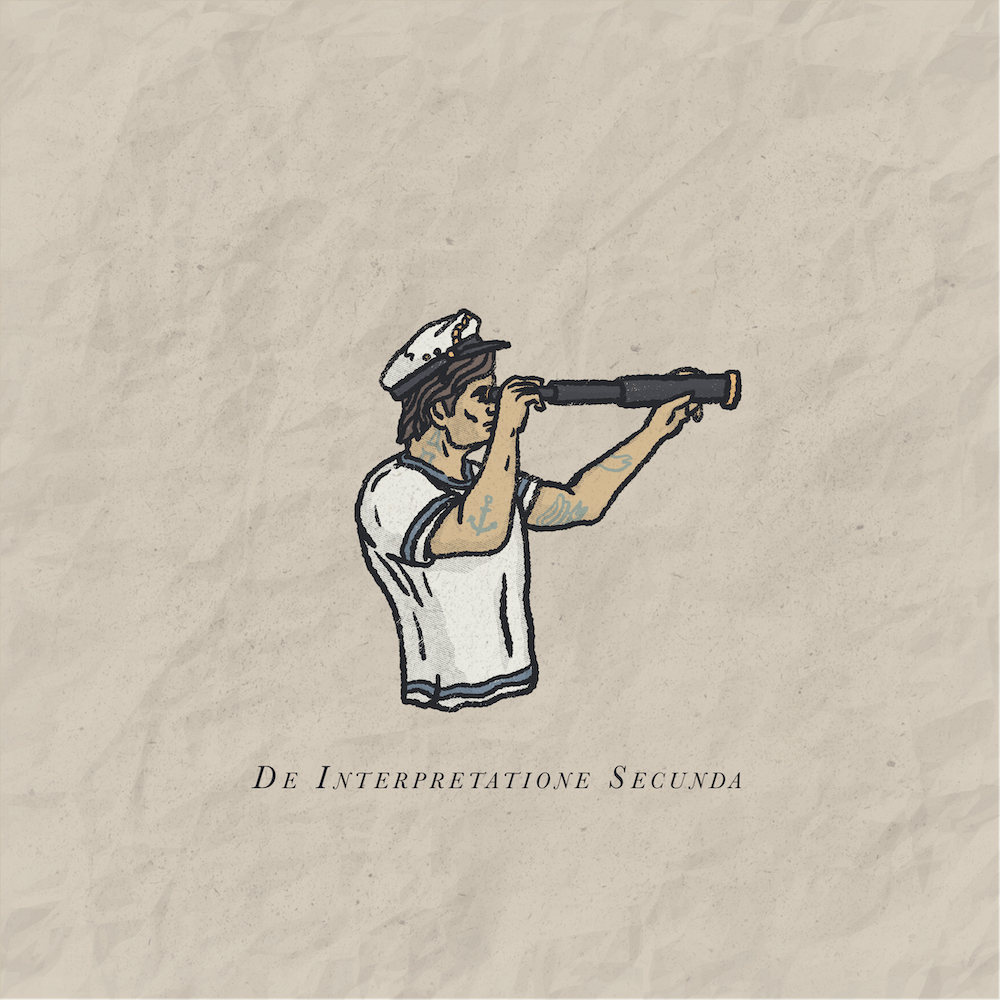
Hermeneutics II
Segment A: This course is an entry into biblical hermeneutics using the historical-grammatical method of interpretation. In this segment students will learn how to apply this method to their reading of the Law, the Prophets, the Psalms, Wisdom literature, the Gospels, Parables, the Epistles, Narrative literature, and Apocalyptic literature.
Segment B: This segment will introduce the student to the Koine Greek language by exploring various passages in the New Testament where Koine makes a difference. It includes various literary and exegetical approaches to working with a number of examples of Scripture in order to assist the student in seeing as much as possible in the text. Attention will be given to working with principal Koine resources so that students can emulate and reproduce what they learn in their own preparation of the text.
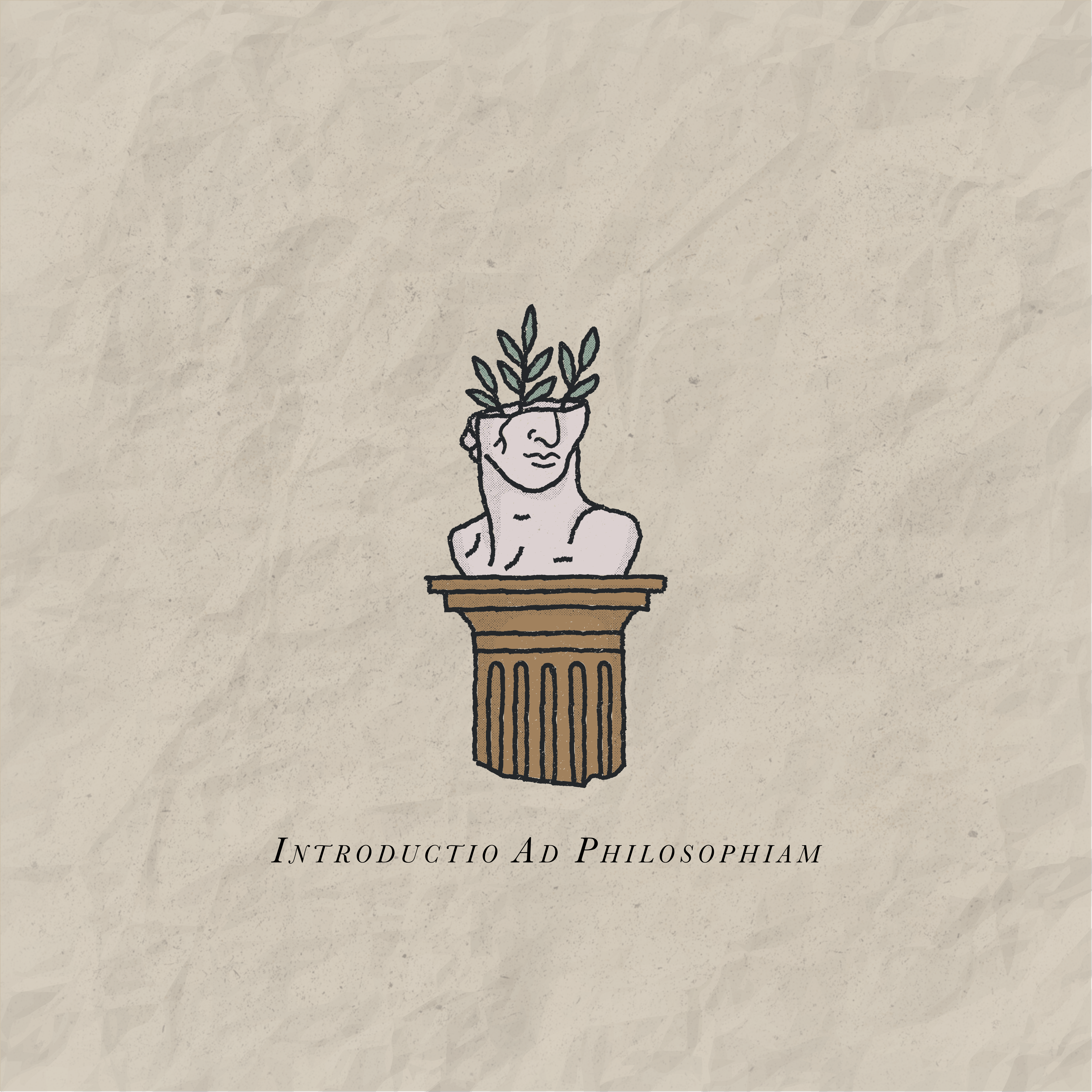
Introduction to Philosophy
This course will give students a general overview to the field of philosophy and show how Christians can engage in the discipline. It will dispel the notion that philosophy is not for Christians and will help students utilize philosophy in their Christian service and ministries.
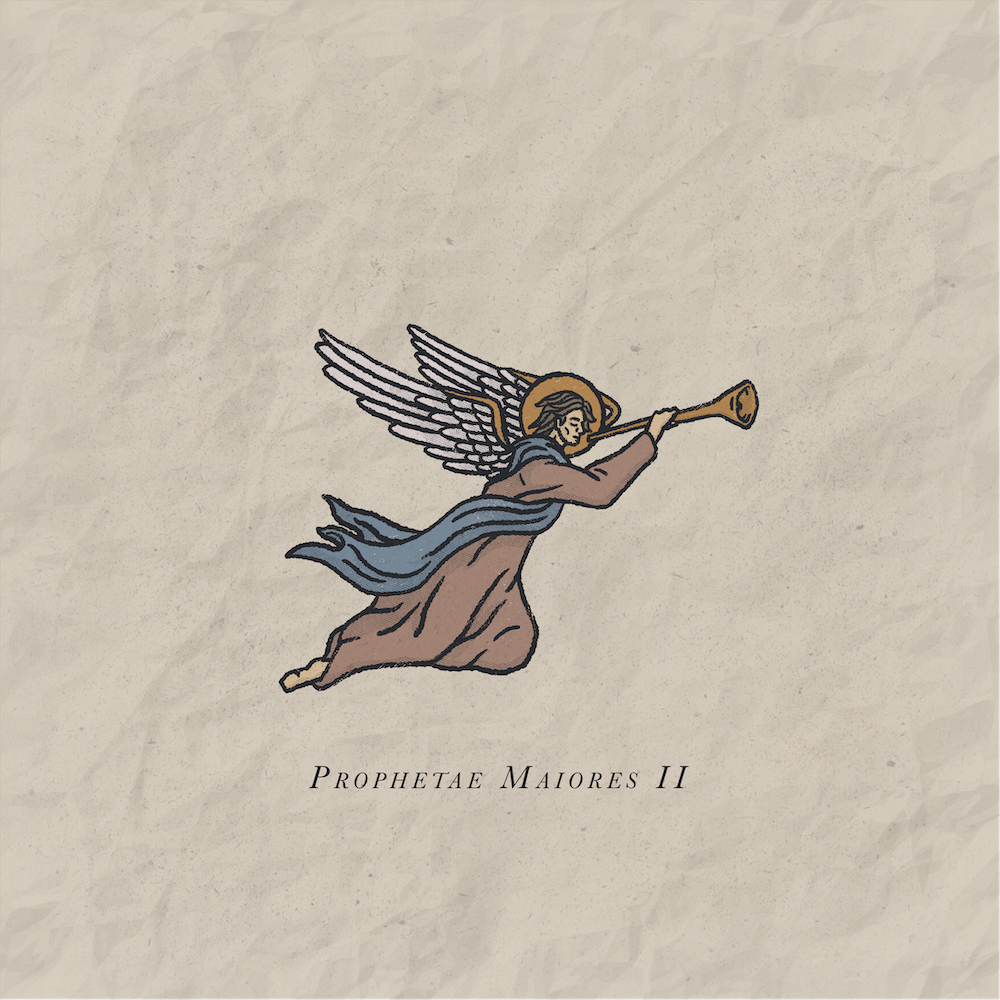
Major Prophets
This course is a basic survey of the major prophets which include the books of Isaiah, Jeremiah, Lamentations, Ezekiel, and Daniel. Students will explore these prophetic books, paying attention to their historical backgrounds, authorship issues (if any), major theological themes, and how they might later influence the writing of the New Testament.
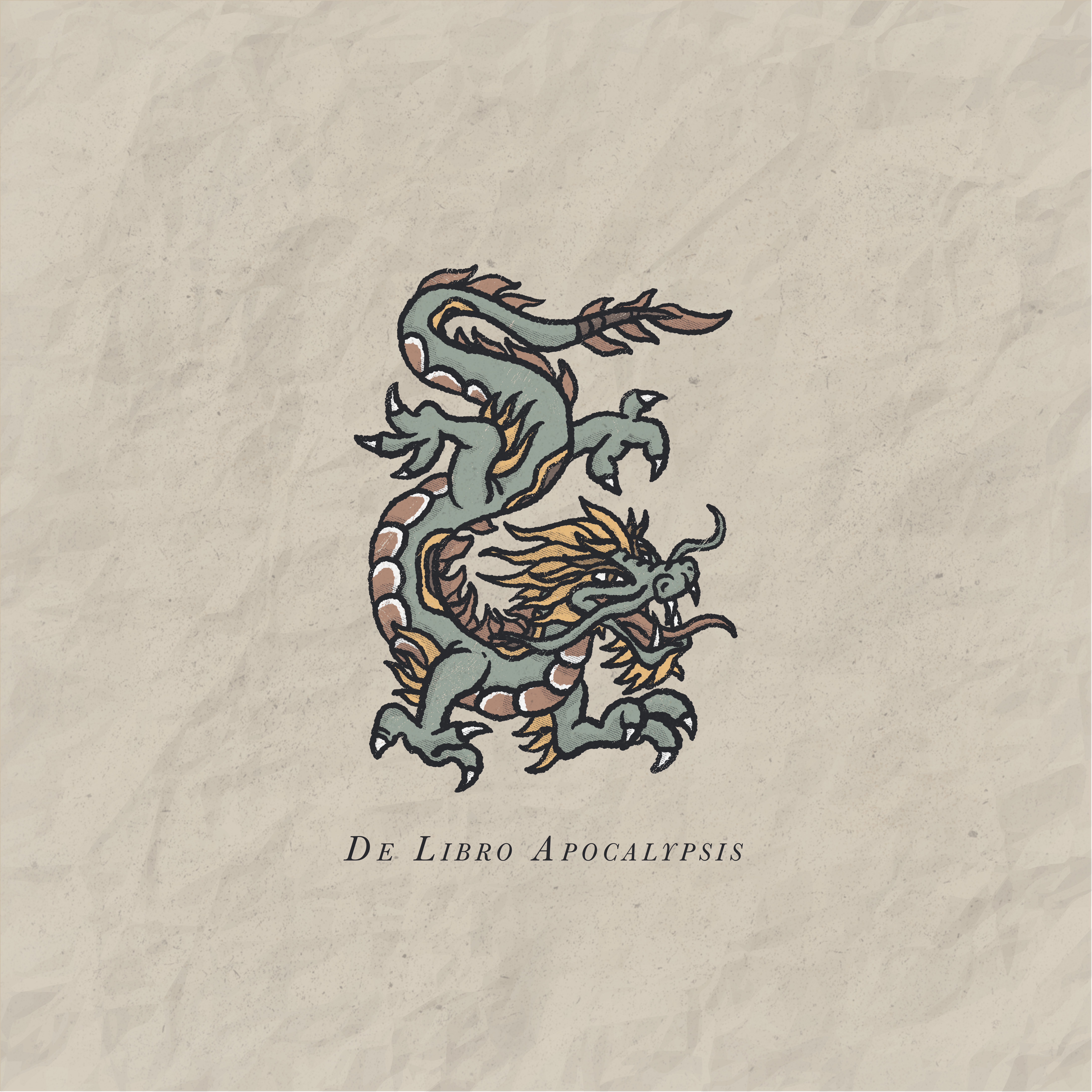
New Testament Eschatology and Revelation
This course is a comprehensive overview of essential eschatological passages from the New Testament as well as a comprehensive overview of the book of Revelation. It orients the student to interpretive approaches of New Testament eschatology and familiarizes students to Revelation’s main themes and theological contributions to the canon.
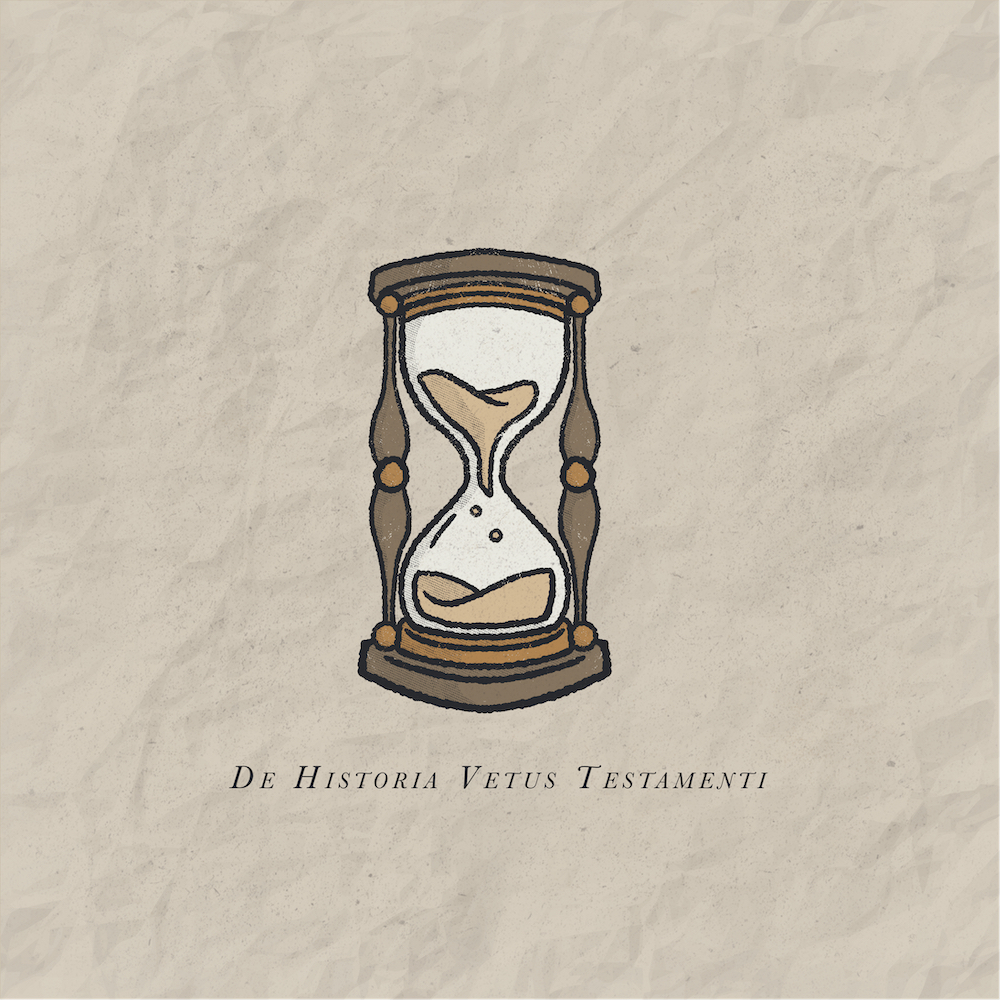
Old Testament History
This course is a general survey of the historical books of the Old Testament including Joshua, Judges, Ruth, 1-2 Samuel, 1-2 Kings, 1-2 Chronicles, Ezra, Nehemiah, and Esther. It takes into consideration each book individually as well as how each book contributes theologically to the canon.

Pauline Epistles
This course is a brief overview of the canonical New Testament letters of Paul. Special attention will be given to the key issues facing each Church as well as the theological themes of the letters.

Worship
This course is designed to give students an introduction to biblical worship. Students will explore a biblical theology of worship and various ways that traditions approach worship. In doing so, they will consider how text and tradition inform our own practices of worship today.
